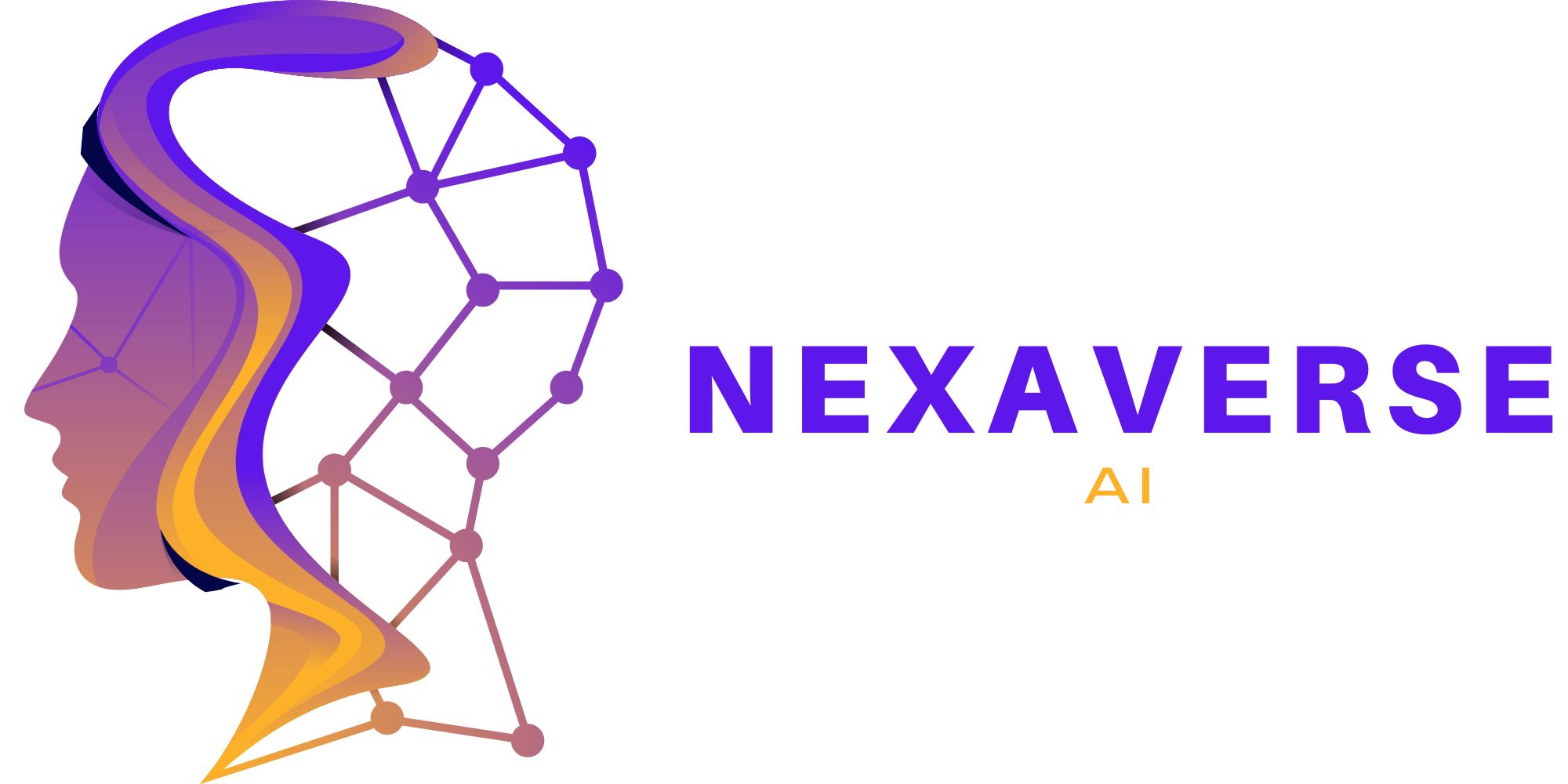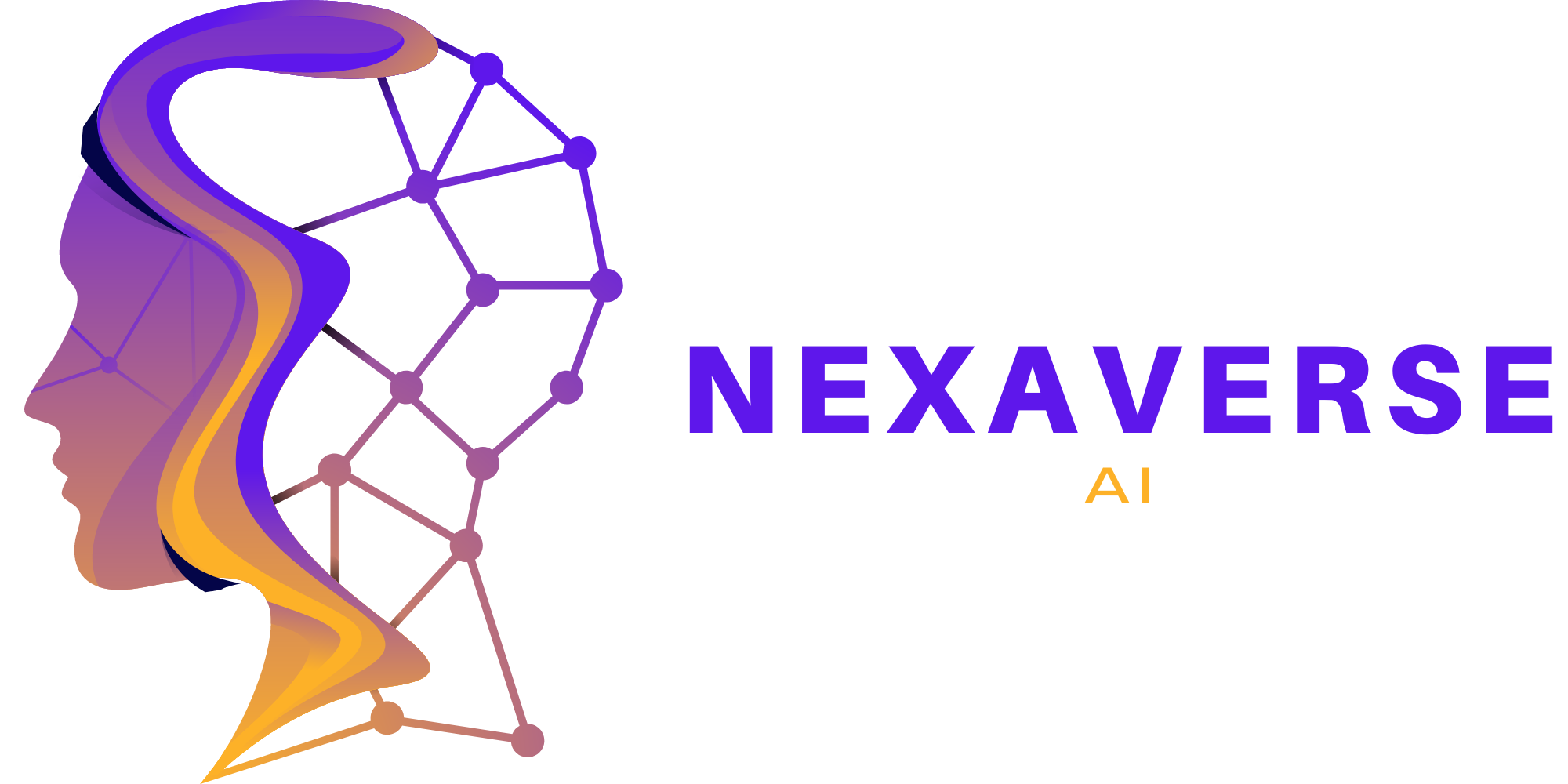Revolutionizing Education: AI-Powered Personalized Learning and Intelligent Tutoring Systems
Discover the transformative potential of AI in education. Learn how personalized learning and intelligent tutoring systems are revolutionizing the way we learn and teach.

Enhancing Education with Artificial Intelligence
Innovations in technology have made a significant impact on various industries, and education is no exception. Artificial Intelligence (AI) has emerged as a powerful tool in revolutionizing the way we learn and teach. With the advent of AI-powered personalized learning and intelligent tutoring systems, the education sector is witnessing a transformation like never before.
In this comprehensive blog post, we will explore the potential of AI in education, its benefits, and how it is reshaping the traditional classroom experience.
The Rise of Personalized Learning
Gone are the days of one-size-fits-all education. With AI-powered personalized learning, students can now have a customized learning experience tailored to their unique needs and abilities. Adaptive learning platforms leverage AI algorithms to analyze student data, including their strengths, weaknesses, and learning preferences. These insights enable the system to generate personalized learning paths and deliver content in a way that maximizes student engagement and comprehension.
By providing individualized instruction, personalized learning ensures that students can learn at their own pace, filling knowledge gaps and challenging themselves appropriately.
Imagine a classroom where each student is receiving personalized instruction, leading to better academic outcomes and increased motivation to learn.
Benefits of Personalized Learning:
- Improved student engagement and motivation
- Higher academic achievement and retention rates
- Enhanced critical thinking and problem-solving skills
- Targeted intervention for struggling students
Intelligent Tutoring Systems: Revolutionizing Learning
Intelligent Tutoring Systems (ITS) take personalized learning to the next level. These AI-powered systems act as virtual tutors, providing individualized instruction and support to students, emulating the guidance of a human teacher.
By analyzing student responses and behavior, ITS can identify areas of difficulty and adapt instruction accordingly. Through natural language processing and machine learning algorithms, these systems can provide real-time feedback, answer questions, and guide students through complex problem-solving tasks.
Imagine having a personal tutor available 24/7, providing instant feedback and guidance.
Challenges and Considerations
While AI in education holds immense potential, it also comes with its own set of challenges and considerations. Privacy concerns, data security, and ethical implications are critical factors that need to be addressed when implementing AI-powered systems in educational settings. The need for robust infrastructure, teacher training, and equitable access to technology also pose challenges in ensuring the widespread adoption and success of AI in education.
However, with careful planning and effective policies, these challenges can be overcome, paving the way for a future where AI-powered education becomes the norm.
Success Stories: AI in Education
Numerous educational institutions and organizations across the globe have already embraced AI to enhance educational outcomes. Let's explore a few success stories:
1. New York Academy for Reimagining Education:
- The academy implemented an AI-powered adaptive learning platform, which saw a significant improvement in student engagement, academic performance, and overall satisfaction.
- Carnegie Learning:
- Carnegie Learning's AI-based tutoring system helped students master math concepts more effectively, resulting in improved test scores and increased confidence in the subject.
- Duolingo:
- The popular language learning app utilizes AI algorithms to personalize language instruction, ensuring learners receive targeted practice and feedback based on their individual skill level and progress.
As AI continues to advance, the potential for transforming education is limitless. Personalized learning and intelligent tutoring systems hold the key to unlocking the full potential of every student, enabling them to thrive in an increasingly complex and interconnected world. By embracing AI-powered education, we can shape a future where learning is tailored, engaging, and inclusive for all.
Frequently Asked Questions (FAQs)
Q. Can AI completely replace human teachers?
A. No, AI cannot replace human teachers. While AI can provide personalized instruction and support, human teachers bring invaluable qualities like empathy, creativity, and critical thinking. AI should be seen as a tool to augment and enhance teaching, not as a substitute for human educators.
Q. How can AI improve student engagement?
A. I-powered tools, such as adaptive learning platforms and intelligent tutoring systems, can adapt to students' individual needs and preferences, making the learning experience more engaging and relevant. By providing personalized feedback, interactive content, and real-time assistance, AI can keep students motivated and invested in their learning journey.
Q. Is AI in education accessible to all students?
A. Ensuring equitable access to AI-powered education is crucial. It requires addressing the digital divide, providing necessary infrastructure and devices to underserved communities, and training educators to effectively utilize AI tools. Collaborative efforts between policymakers, educators, and technology providers are essential to make AI in education accessible to all students.
Note: When implementing AI in education, ethical considerations such as data privacy and algorithmic bias must be prioritized to ensure fair and inclusive learning environments.




